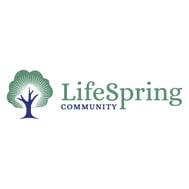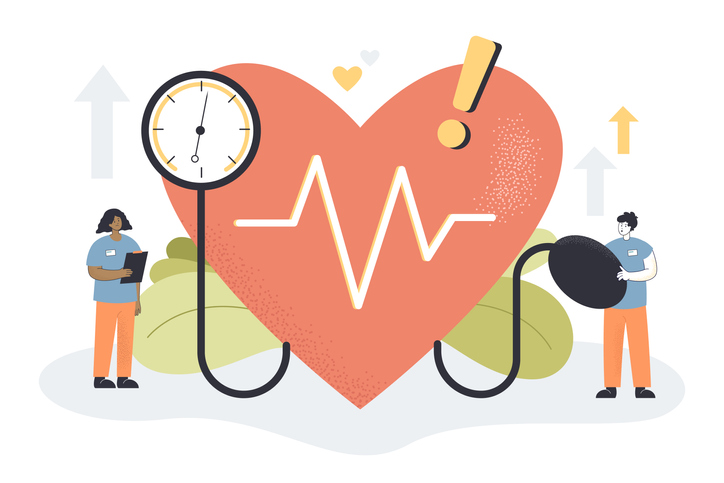A good place to start in managing one’s blood pressure is to assess your health, lifestyle, and family history.
Hypertension commonly known as High Blood Pressure can cause a domino effect to one’s health. Many people suffer from hypertension condition and may not know it. Reducing high blood pressure can help reduces the risk of heart disease and stroke. It is projected that half of the adults suffer from an elevated blood pressure but are unaware of it. Read on to learn about hypertension, its causes, symptoms, risk factors, and treatment.
What is Hypertension?
Hypertension also called high blood pressure is when your blood pressure is consistently higher than normal. Your blood pressure varies all through the day depending on daily activity. Primary and secondary hypertension are the two types of high blood pressure.

Primary Hypertension
Primary high blood pressure is the most common hypertension. Primary hypertension condition develops with time as the victim ages.
Secondary Hypertension
Secondary hypertension is triggered by specific medications or caused by another medical condition. Secondary high blood pressure can be controlled through treatment recommended by your doctor and or stopping the usage of medication identified that is causing the elevated blood pressure.
Symptoms of Hypertension
Many people suffering from high blood pressure may not understand the symptoms. Here are symptoms related to high blood pressure.

- Nausea
- Headache
- Dizziness
- Nosebleeds
- Double or blurred vision
- Breathlessness
- Heart palpitations
Causes of Hypertension
Hypertension can occur when various changes happen in your body. Primary hypertension can be caused by multiple factors such as:
- High consumption of salt
- Smoking
- High alcohol intake
- Insulin resistance
- Inactive lifestyle
Primary conditions are the causes of secondary high blood pressure in most cases. Kidney disease is a cause of hypertension due to the kidneys are unable to filter out the fluid. The additional fluid is related to causing high blood pressure.
Other health related problems that can impact secondary hypertension include:
- Diabetes
- Cushing's disorder
- Unusual adrenal gland cancer
- Hyperthyroidism
- Pregnancy
- Obesity
- Sleep apnea
- Specific medicines
- Illegal drugs like the cocaine
Risk Factors
Hypertension has various risk factors such as:
- Age: The risk of hypertension increases with age. Individuals 65 years old and over are likely to suffer from high blood pressure due to the stiffening and narrowing of arteries because of plaque
- Ethnicity: Specific groups are at risk of having high blood pressure compared to
- Overweight: People with more weight need more blood to supply nutrients and oxygen to the As the amount of blood flowing through the blood arteries grows, so does the pressure on the artery walls.
- Gender: Males are at a greater risk of suffering from hypertension than their female
- Stress: High amounts of stress might induce a temporary rise in blood
Treatment and Prevention
The American Heart Association has found that hypertension may result in stroke, heart disease, and lead to kidney disease. The good news is there are measures patients can take to prevent the cause of high blood pressure. Prevention measures include:
- A balanced diet rich in vegetables and fruits

- Limiting salt
- Regular physical activities
- Stress management
- Quitting smoking
- Maintaining a healthy weight
Hypertension can be treated with medication and lifestyle changes. A medical practitioner will determine the medication that will best help you manage your blood pressure. Scheduling an annual checkup, your primary doctor will help confirm if what you’re experiencing is the onset of hypertension with routine screening.
Read more of LifeSprings’ articles on wellness and person-centered care. LifeSpring provides dedicated, short-term, and long-term rehabilitation services for patients recovering from a hospital stay or medical event. Contact us to learn how we can support you and or a family member.


